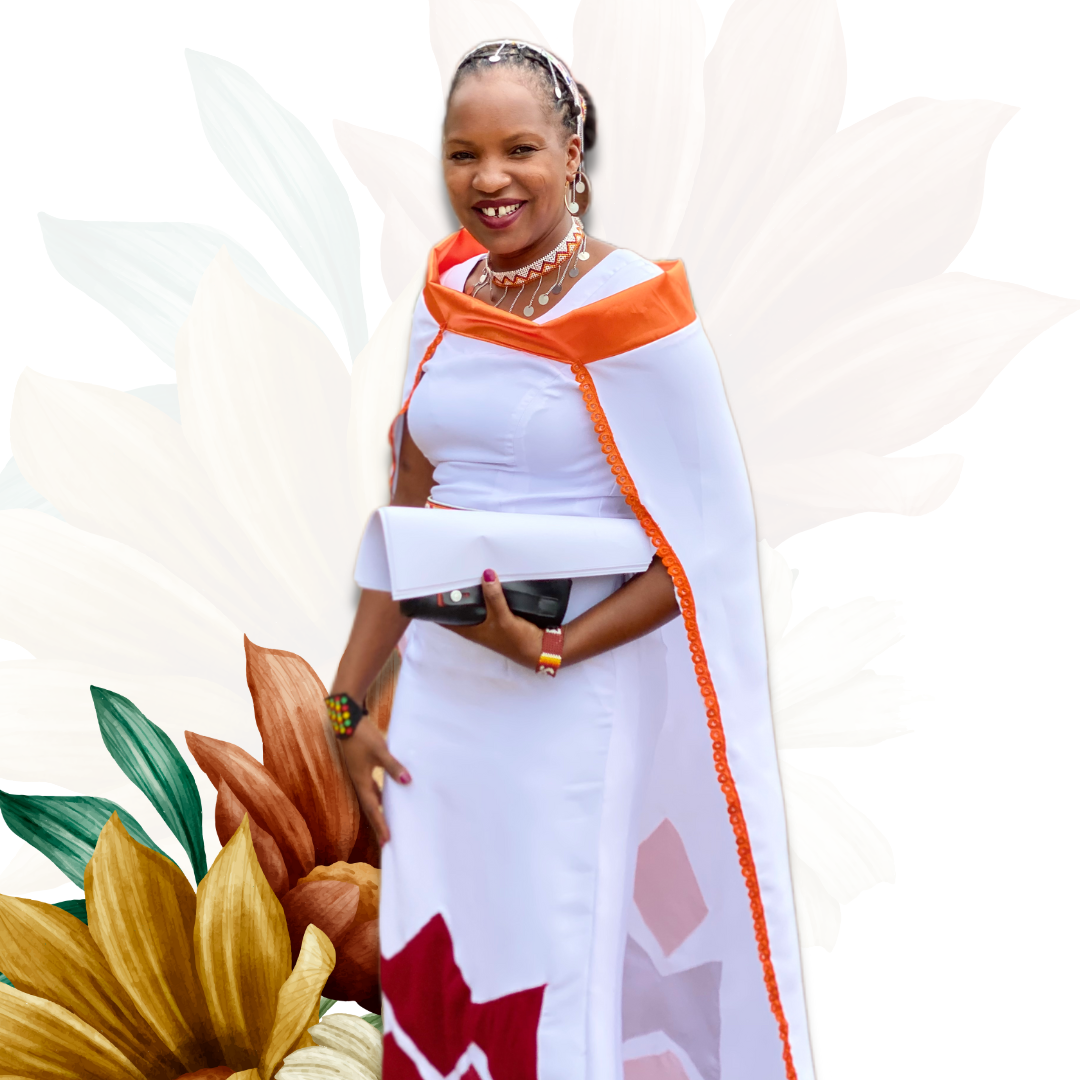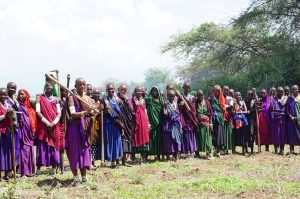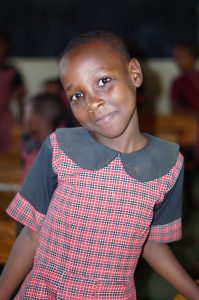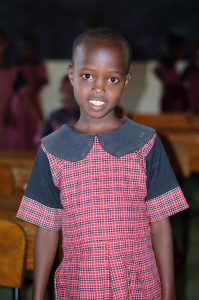About ENCO
Engaruka Community Initiative Organization (“ENCO)”
ENCO is a charitable, not-for-profit, Tanzania registered non-governmental organization dedicated to improving the livelihoods and well-being of vulnerable women and children of rural Maasai communities through health, education, and economic empowerment programs. ENCO was founded in 2014 and operates in the Arusha region of Tanzania, particularly in Monduli, Ngorongoro and Longido districts. Though we focus primarily on women and children, we recognize that educating men is necessary for the well-being and empowerment of women and children. Consequently, we also provide educational services to men.
Mission & Vision
Mission: ENCO provides health, education, and economic empowerment services and programs to improve the lives of vulnerable women and children in rural Maasai communities.


Vision: Healthy, educated, gender equitable, economically viable, and environmentally sustainable Maasai communities in Tanzania.



Personnel
Martha is Maasai and obtained her B.S. in Sociology from the Catholic Univ. of Eastern Africa, Nairobi. She worked for the Maasai Women Development Organization (MWEDO) for 8 years as the Education Program Officer and Program Manager. At MWEDO she coordinated scholarships for more than 500 pastoralist girls, coordinated the MWEDO girl’s secondary school, and managed an adult literacy program for 6000+ women. After leaving MWEDO in 2016, Martha established ENCO and Engaruka English Medium Primary School (EEMPS). Martha also serves as the Manager of EEMPS and the liaison to the Maasai Education Foundation.
Greener Pastures Initiative: Restoring Ecosystems in Engaruka
ENCO Objectives
1. Educate Girls
In pastoralist Maasai communities of the Monduli, Ngorongoro and Longido districts, illiteracy rates are approximately 75% and women are the worst affected. School attendance rates are very low compared to the national average and only 30% of girls attend secondary school. Girls are more likely to drop out at the transition from primary to secondary school when many are forced into marriage. Another barrier to education is distance to schools. The pastoral Maasai require significant land resources to graze their cattle and their villages are constructed far apart. As a result, children may need to walk 15 to 20 km to the closest primary school and this is not feasible for many children. For these children, primary schools with boarding facilities are essential.
- Build and operate the Engaruka English Medium Primary School. The school will eventually include a pre-school (Engaruka-TX English Medium Pre-Primary School) plus primary grades 1 to 7. The pre-school will start classes in January 2018 and an additional grade will be added each year. There will be approximately 30 students in each grade and boarding facilities will be provided for students from remote villages and settlements. Additional details about the school are provided on the Engaruka School page.
- Provide assistance outstanding Maasai Maasai students to enable them to continue their education at the primary, secondary, college, and university levels with the expectation that supported students will contribute to the development of their Maasai communities in the future.
- Provide assistance to students who have dropped out of school to enable then to continue their education.
- Campaign for pastoralist women and girls educations rights through public meetings and media.
- Conduct community awareness meetings on issues related to women.
- Promote the positive effects of investing in women and girls education.
- Host educational workshops for pastoralist women in Monduli, Ngorongoro and Longido districts.
- Develop and implement a monitoring and evaluation plan to assess the effectiveness and impacts of ENCO education activities.
4. Restore degraded watersheds, forests and grasslands.
- Educate the Maasai community via workshops and sensitization meetings regarding the importance of environmental conservation and the maintenance of water, forest, and grassland resources.
- Promote reforestation initiatives and agro-forestry systems to replenish watersheds and alleviate pressure upon natural woodlands, eventually providing sustainable harvesting of resources for fuel and building materials. Trees will include indigenous tree species for forest regeneration, fast growing agro-forest tree species to provide sustainable harvest for firewood and construction and fruit trees for the production of fruits.
- Promote more sustainable grazing practices to improve the quality of livestock forage and grassland ecosystem health.
- Establish a tree nursery to provide seedlings to address deforestation problems and enhance employment.
2. Improve The Health Of Vulnerable Women And Children
Improve the health of vulnerable women and children in remote Maasai communities through the delivery of health services and health education programs.The Maasai community culture often involves migration over large distances in search of livestock pastures. This way of life creates challenges for accessing proper health care. Poor road infrastructure also limits travel to access health care.
- Establish health centers in remote Maasai communities to meet specific community health needs.
- Establish mobile health clinics for remote Maasai communities.
- The health centers and mobile clinics will provide timely referral services to the patients requiring further treatment.
- Improve general community health through health education and awareness training on topics such as:
- HIV/AIDS prevention
- Improved hygiene for traditional birth attendants
- Nutrition and food security
- Role of household vegetable gardens in improving family nutrition and food security
- Organize vision clinic programs through local eye specialists.
- Recruit medical volunteers to support the delivery of the above services.
3. Reduce Poverty
Reduce poverty by improving the economic status of vulnerable women through income generating programs.
- Promoting sustainable income generation using community-based approaches.
- Building social capital by promoting collectives and cooperatives and self-help groups
- Providing training for women artisans to preserve traditional arts that can be sold in the tourism industry.
- Organize sensitization workshops for men and women around economic empowerment and project activities.
- Organize exchange learning for women’s business enterprises.
- Develop and distribute outreach materials to sensitize the community on women’s rights to economic empowerment.
- Promote local community savings and credit groups.
- Conduct training workshops on:
- business entrepreneurship
- leadership
- business record keeping
- negotiating business transactions
- creating markets for products
- Facilitate the establishment of sustainable micro income-generating activities.
- Support small enterprise development through revolving grants and developing market linkages locally and within the region.
- Develop and implement a monitoring and evaluation plan to assess the effectiveness and impacts of ENCO poverty reduction activities.
Achievements
- ENCO employed 25 Maasai men and women from various places in various jobs who can now assist there families.
- 250 students are now getting primary education from Engaruka English Medium Primary school
- Capacity Building Workshops: Training workshops were organized at our primary school which acted as the center of many activities to raise awareness about climate change impacts, adaptive strategies, and sustainable practices. These workshops also aimed at strengthening the capacity of community members in implementing environmental conservation strategies
- Four young men have been provided assistance to attend colleges and universities. all of them have graduated.
- 30 women’s and youth economic groups (VSLA) have been established, trained, and legally registered so they have access to grants and loans from financial institutions.
- A one-room classroom was constructed in a sub-village of Engaruka ward to give children a better place to study and for community groups to meet.
- Provided learning materials for a number of children whose parents cannot afford education associated expenses.
- Obtained 25 acres of land as a site for the Engaruka English Medium Primary School in Engaruka chini ward.
- Obtained a $70,000 grant from the Taiwan TX Foundation for the construction of the Engaruka-TX English Medium Pre-Primary School.
- Partnered with the US-based Maasai Education Foundation to build and operate the Engaruka English Medium Primary School.
- Began construction of the Engaruka-TX English Medium Pre-Primary School in April 2017.
- Obtained 10 acres of land to construct a health centre in Engaruka ward.



